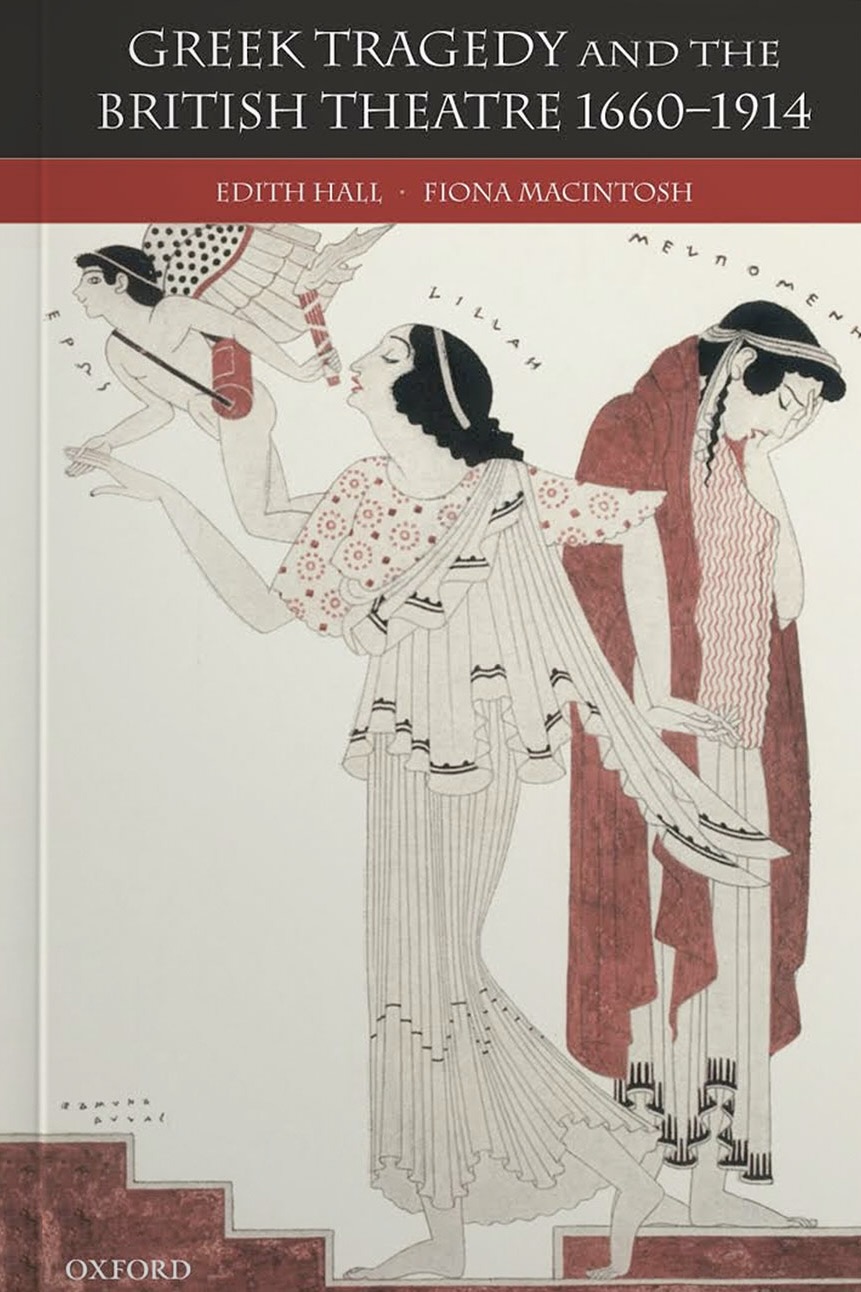2005
About
This study offers the first full, interdisciplinary investigation of the historical evidence for the presence of ancient Greek tragedy in the post-Restoration British theatre, where it reached a much wider audience - including women - than had access to the original texts. Archival research has excavated substantial amounts of new material, both visual and literary, which is presented in chronological order. But the fundamental aim is to explain why Greek tragedy, which played an elite role in the curricula of largely conservative schools and universities, was magnetically attractive to political radicals, progressive theatre professionals, and to the aesthetic avant-garde.
Publisher
Oxford University Press
